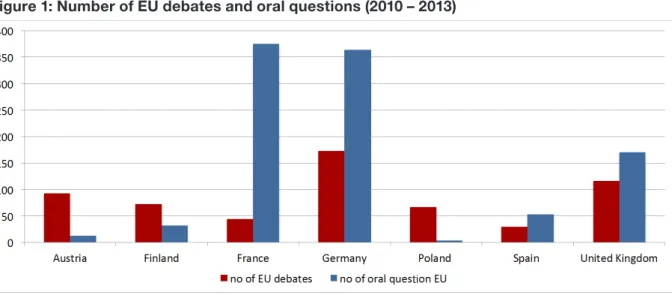We Need to Talk about Europe
Volltext
Abbildung


ÄHNLICHE DOKUMENTE
Based on existing literature and FDI entry mode theories, this paper introduced the present FDI status of Chinese state-owned enterprises in EU and discussed FDI entry mode
A recent briefing note by Open Europe claims that German citizens’ tend to trust the European parliament less than their national parliament and detects a trend in the
On both islands, a majority of citizens held the view that economic conditions were the same as they were 12 months ago, while just over 2% on each island said that their
assess in real-life situations. The Harry Potter series seems to be particularly lenient for this purpose. Part of the popularity of the series is explained by the fact that
We show that, as the accumulated stock of information pro- vision increases, both the optimal level of information provided at each period of time and the optimal tax rate decline
And, more in general, since any TFP-type indicator (be it applied at company, sector, or whole economy level) gathers the trend both in productivity-properly-said and in activity
The models investigated can be used to optimize the formulation of binders and feedstock materials; for example to choose the components of the binder system or the amount of
Используя разнообразные тактические приемы внедрения в банковские системы стран ЦВЕ , иностранные банки заняли прочные позиции на их рынке банковских услуг..